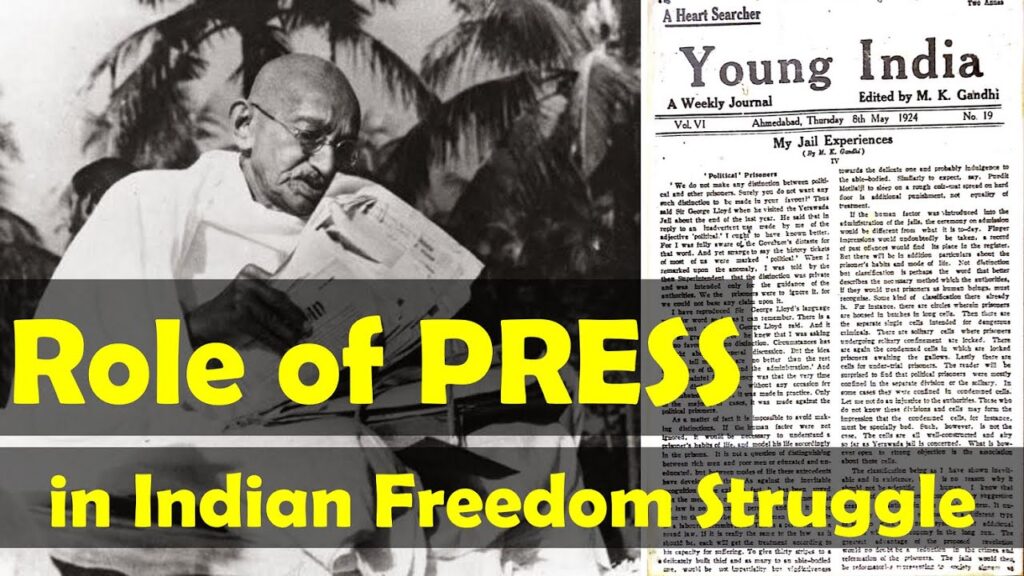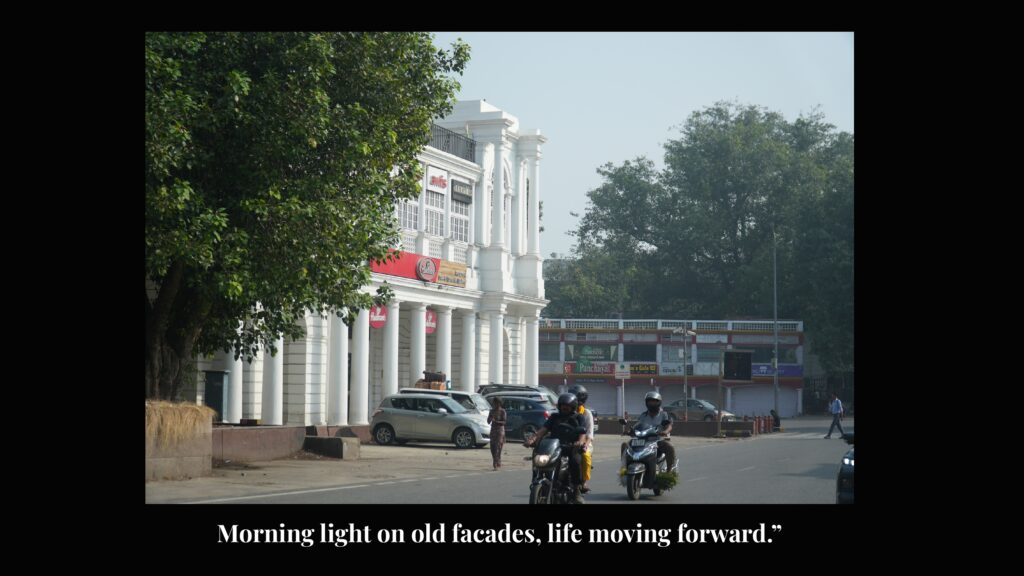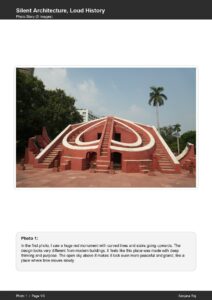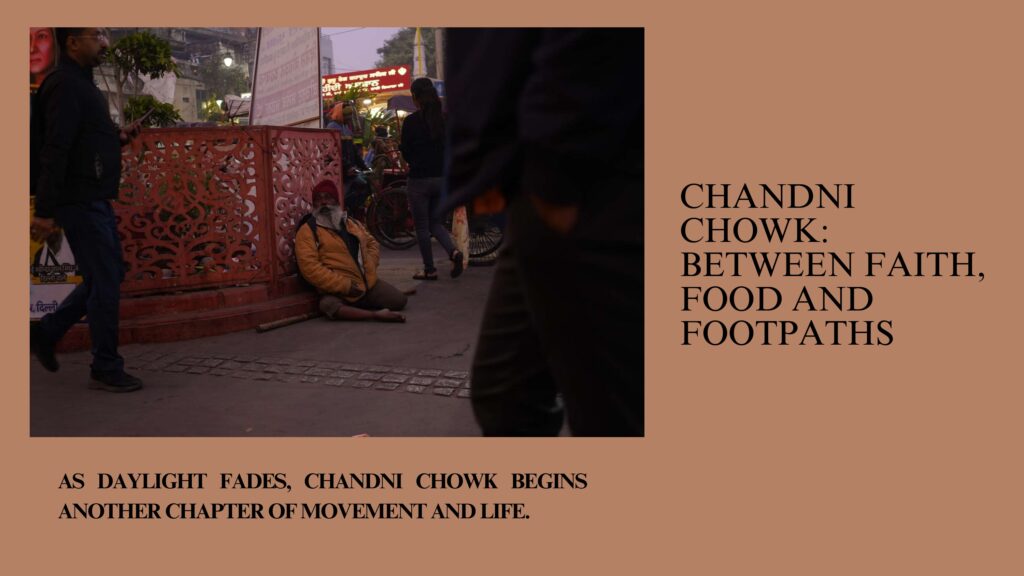
The press was very instrumental in all the liberation movements world over; it was indeed the force that triggered the changes and the weapon of great mobilization. This essay gives a detailed account of how press helped freedom movements in various ways, with information on role of information transmission, public opinion formation, resistance organization and international lobbying system being the major part. The press’s roles in freedom movements are still seen today, for instance one of them was to disseminate information. In moments when official and state-owned media were the dominant source of news and opinions, there were active non-mainstream and samizdat publications. These publications revealed human rights violation instances that occurred in the former colonial and authoritarian regimes and were often masked by propaganda media. For instance, colonial Indian newspapers like “The Hindu”, “Amrita Bazar Patrika” and others published and exposed the wrongs done through British authority education the public on colonialism.
In this case, the passing on of knowledge was essential for raising the awareness of the people to the need for liberation and to mobilize the people to join the struggle. The press was instrumental in the liberation movements especially due to the ability it had in letting the public know what was going on. Through editorials, opinions, and letters, the press became the sounding stage of the intellectuals, activists and the average residents as they joined discussed issues of the day. As it was the case with Benjamin Franklin’s” The Pennsylvania Gazette”, newspaper became essential in mobilizing the society in support of independence from Britain. Looking at the ways that benefit the sides of gaining independence, these publications presented intellectual and practical arguments for the cause and helped form united public opinion – essential for the movement.
In addition to educating and transforming ideas, press was used as a key tool in mobilizing resistances. This served as a platform through which various organizations communicated in order to foster harmony in their undertakings and tactful cooperation. Before the French Revolution, there were tracts and gazettes that were passed around and distributed, with the intent in spreading and creating revolution. The media also enabled leaders to garner support of people for their agendas and convene large-scale operations such as protests, strikes, and other forms of demonstrations against the authorities. This organizational role of the press was very important in coordinating the various acts of antagonism into a united and forceful opposition.
Another significant influence of the press was the use of newspapers and magazines in mobilizing support for liberalization movements cross the world. In revealing the oppression and aspirations of Oppressed people, the press exposed their situation to the global society. In the course of anti-apartheid struggle in South Africa, media played a central role in ensuring that people around the world came together to oppose the apartheid government. Newspapers and magazines, followed by television brought into limelight dreadful faces of apartheid and attractive global condemnation for which they got economic pinch in face of sanctions and diplomatic pressure on the rulers of South Africa. South Africa was also receiving international attention and support, which played a big part in the bringing of the apartheid regime. Indian freedom struggle is a classic example of how the press is vital in the struggle for the freedom of a country. Civilian magazines, ‘Young India’ published by Gandhiji and ‘The Kesari’ published by Tilak carried messages for nationalism out to the masses. These magazines offered a way of speaking about tactics, voicing concerns about injustice committed by the British and introducing the sense of nationalism, patriotism. Thus, the press of the period acted to mobilize people across the linguistic, religious and cultural divides and ensured that people remained informed of events – a factor instrumental in the success of the independence struggle.
In as much as the United States can be considered, the press played a significant part during the civil rights movements of 1950s and the 1960s. Magazines such as the “The Chicago Defender” and the “Ebony” among other newspapers published by the blacks assisted in raising awareness on the issues facing the black community today and the need to fight for their rights. On updates on important events like the Birmingham campaign and the March on Washington, segregationist and racism were brought into the American homes through television hence garnering the movement massive support. Thus, the press coverage was of assistance in mobilizing people and of establishing a certain ethical responsibility which was useful in the occurrence of legislative steps like the Civil Rights Act of 1964.This paper will evince that press has been the cause of liberation struggles in the world over. During these campaigns, this station especially served as a means through which information was passed and one that demanded for a formation of protest and mobilization of support from other countries. Herein, the press has vested upon different groups the ability to speak regarding the issues affecting the common populace and fight against autocratic leadership forms. Earlier, the press has also been criticized for lacking in liberality in its operations as the surface of media expands and evolves in the years.






